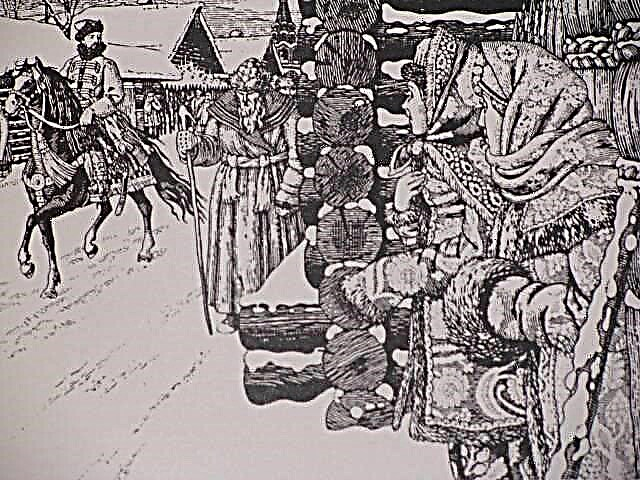(384 words) In his work, Gorky raises the question: “Which is better, truth or compassion? What is needed? ” In fact, this question applies to absolutely every hero of the play, because it tells about the tragic fate of people who were at the bottom of social life. All the characters are different, each has its own destiny, its own path, which led them to the place of the play - the shelter.
Take, for example, the Actor. This is a drunkard, trying in vain to return to work. This is a man with a subtle soul that responds to all changes, but has lost all hope. The reader has the expectation that the actor will cope and “pop up” from the bottom, but even a small push to action did not help him cope with despair. You can contrast him with a Tick - a locksmith, a working person. His character can be described in one word - arrogance. He constantly said that he would definitely return to normal life, only wait for the death of his wife, all the time he put himself above others, saying that they were all loafers, and he was a working man. But it all ended up being left in debt and without a wife. Dilute their company with high dreams Nastya. She dreams of great true love. No matter how they taunt her, she believes. Everything is limited by faith, Nastya also works as a prostitute and does not change her life. Bubnov also lives in an overnight stay - a janitor, the only one who recognizes laziness and addiction to alcohol. Pretty cruel and skeptical, lives with the flow, which is probably why she is not trying to get out of the bottom. In the past he worked in a workshop, but because of his wife’s infidelity, he left work. It is interesting that Gorky does not fully reveal his character; we do not loan what he was like before.
All the people in the shelter live in the past, despair or dream of changing everything. The Baron is just one of those who live in the past, dreams of a beautiful future, but does nothing for this. Aleshka, a good and cheerful guy, “dwells” with them at the bottom. Perhaps the only one who does not suffer there. The most striking figure in the rooming house is Satin, a former convict who was sent to prison for the murder. He defended the honor of his sister, and for this he lost his job and a chance to get a job in a normal society. It is he who argues with Luke, proving that even a person from the bottom is worthy of respect, not pity.
The author gave each of his heroes the opportunity to change his life, but not one of them coped with it. All of them just continued to blame circumstances for their failures, while it was worth recognizing their mistakes and moving on.







 Ranger
Ranger



